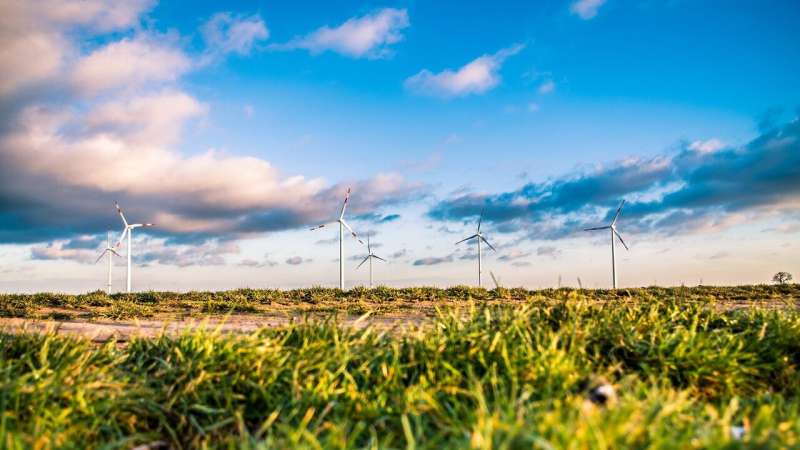Evaluating sustainability progress requires a broad and long look

If global sustainability were a carnival show, it would have both tightrope walkers and jugglers—main stage actors who can both keep on a clear path while shifting priorities at just the right time.
The latest work by an international team of sustainability scholars including researchers at Michigan State University (MSU) provide a first look at the complexities of making meaningful progress in critically important areas. Creating a world in which people and the planet can thrive means being ready when progress in one area hinders progress in another.
The work in this week's Nature Sustainability takes a fresh look at United Nations' Sustainability Development Goals (SDGs), an ambitious roadmap to stimulate actions in critically important areas for people and the planet.
The paper notes "The SDGs are integrated and indivisible, balancing the economic, social and environmental dimensions of sustainable development. They cover all aspects of human life and interact in complex ways. Actions for one goal may reinforce or offset the actions for another."
In addition to work understanding the best way to achieve the 17 SDGs—from climate action to gender equity to clean water and plentiful food—researchers are racing to understand how the overarching objective "leave no one behind" can be achieved by recognizing how and when a win in one goal can result in a loss in another. Researchers at MSU's Center for Systems Integration and Sustainability (CSIS) have been partnering with international scholars to uncover holistic innovative ways to evaluate SDG progress in ways that reflect the complexities of the real world, including a cover-story paper in Nature in 2020.
What this group has revealed in the new paper in Nature Sustainability is that the paths to sustainability can change over time, requiring the quick and deft juggling to adjust policies as synergies can become trade-offs. For example, using coal to improve energy access (SDG 7) will accelerate climate change (SDG 13) and disrupt health (SDG 3) through air pollution.
But such statements are not a constant, the analysis shows. Using an innovative way to examine SDG scores in 166 countries allowed to understand how interactions over time shifted. In effect, it scrutinized the sustainability tightrope walk to see where in the process jugglers of policies needed to shift to avoid dangerous imbalances.
Among the insights: Indications that improvements in some economic SDGs would impair social and environmental SDGs in the initial stages of economic development but then would improve simultaneously with these other SDGs after a turning point.
Given the urgency of global sustainability issues, understanding points at which sustainability progress tips to liability fills significant knowledge gaps.
"Decoupling of SDGs followed by re-coupling as sustainable development progresses" was written by Xutong Wu, Bojie Fu, Shuai Wang, Shuang Song, Yingjie Li, Zhenci Xu, Yongping Wei and Jianguo Liu. Wu, Li, Xu and Liu are current or former members of MSU-CSIS.
More information: Bojie Fu, Decoupling of SDGs followed by re-coupling as sustainable development progresses, Nature Sustainability (2022). DOI: 10.1038/s41893-022-00868-x. www.nature.com/articles/s41893-022-00868-x
Journal information: Nature Sustainability , Nature
Provided by Michigan State University




















